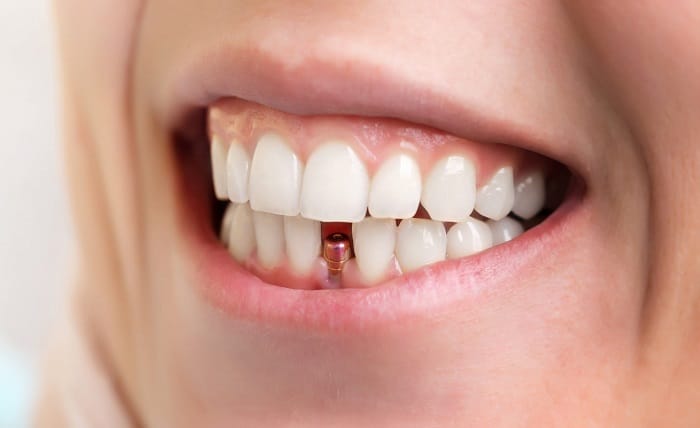Don’t Panic: Handling a Chipped or Knocked-Out Tooth

Experiencing a chipped or knocked-out tooth can be alarming, but knowing the right steps to take can make all the difference in preserving your smile. Quick thinking and proper care are crucial in these dental emergencies. Here’s a guide on how to effectively handle such situations, ensuring the best possible outcome for your oral health.
Immediate Actions for a Chipped Tooth
A chipped tooth, while less severe than a knocked-out one, still requires prompt attention. First, rinse your mouth with warm water to clean the area and assess the damage. If there’s any bleeding, apply gentle pressure with a piece of gauze or a clean cloth until it stops. To reduce swelling and alleviate pain, apply a cold compress to the outside of your mouth or cheek near the affected area.
Avoid chewing on the side of the chipped tooth and stick to soft foods until you can see a dentist. Even if the damage seems minor, schedule an appointment with your dentist to prevent further complications, such as infection or additional fractures.
What to Do If a Tooth Is Knocked Out
A knocked-out tooth requires immediate attention and action. Time is of the essence, and acting quickly can increase the likelihood of saving the tooth. Here’s what to do:
- Locate the Tooth: Find the tooth and pick it up by the crown (the chewing surface), avoiding the root to prevent damage. If the tooth is dirty, rinse it gently with saline solution or milk. Avoid using tap water, as it can harm the root.
- Reposition the Tooth: If possible, try to reinsert the tooth into its socket immediately. Make sure it’s facing the right way and gently push it into place. Hold it by biting down on a piece of cloth or gauze. If reinsertion isn’t possible, keep the tooth moist at all times. Place it in a container of milk or hold it in your mouth next to your cheek.
- Seek Professional Help: Get to a dentist as soon as possible, ideally within 30 minutes. The sooner you receive professional care, the better the chances of saving the tooth. If a dentist is unavailable, visit a hospital emergency room.
Preserving the Tooth or Fragment
The key to increasing the chances of successful re-implantation is preserving the tooth or fragment appropriately. Keeping the tooth moist is crucial. Milk is an excellent medium because it has properties that help maintain the tooth’s viability. Alternatively, some use special solutions available in pharmacies designed to preserve teeth in such situations.
Potential Treatments
Once you’re at the dentist, they will assess the situation and decide on the most appropriate treatment. If the tooth can be re-implanted, the dentist will clean the area meticulously and stabilize the tooth with a splint. Over the next few weeks, the dentist will monitor the healing process, checking for signs of infection or complications.
In cases where the tooth cannot be saved, dental implants offer a reliable solution. Dental implants replace missing teeth with artificial roots and crowns that mimic the look and function of natural teeth. For those seeking dental implants in Portland Maine, it’s reassuring to know that local dental professionals are equipped with the expertise and technology to restore smiles effectively.
Long-Term Care and Prevention
After a dental emergency, maintaining good oral hygiene is critical to prevent future issues. Regular dental check-ups will help monitor your recovery and overall oral health. Wearing a mouthguard during sports or other high-risk activities can also prevent similar incidents.
While dental emergencies can be distressing, knowing how to handle a chipped or knocked-out tooth can help you remain calm and take the necessary steps to safeguard your dental health. Always be prepared to act quickly, and consult with your dentist to explore the best treatment options available for your specific situation.




